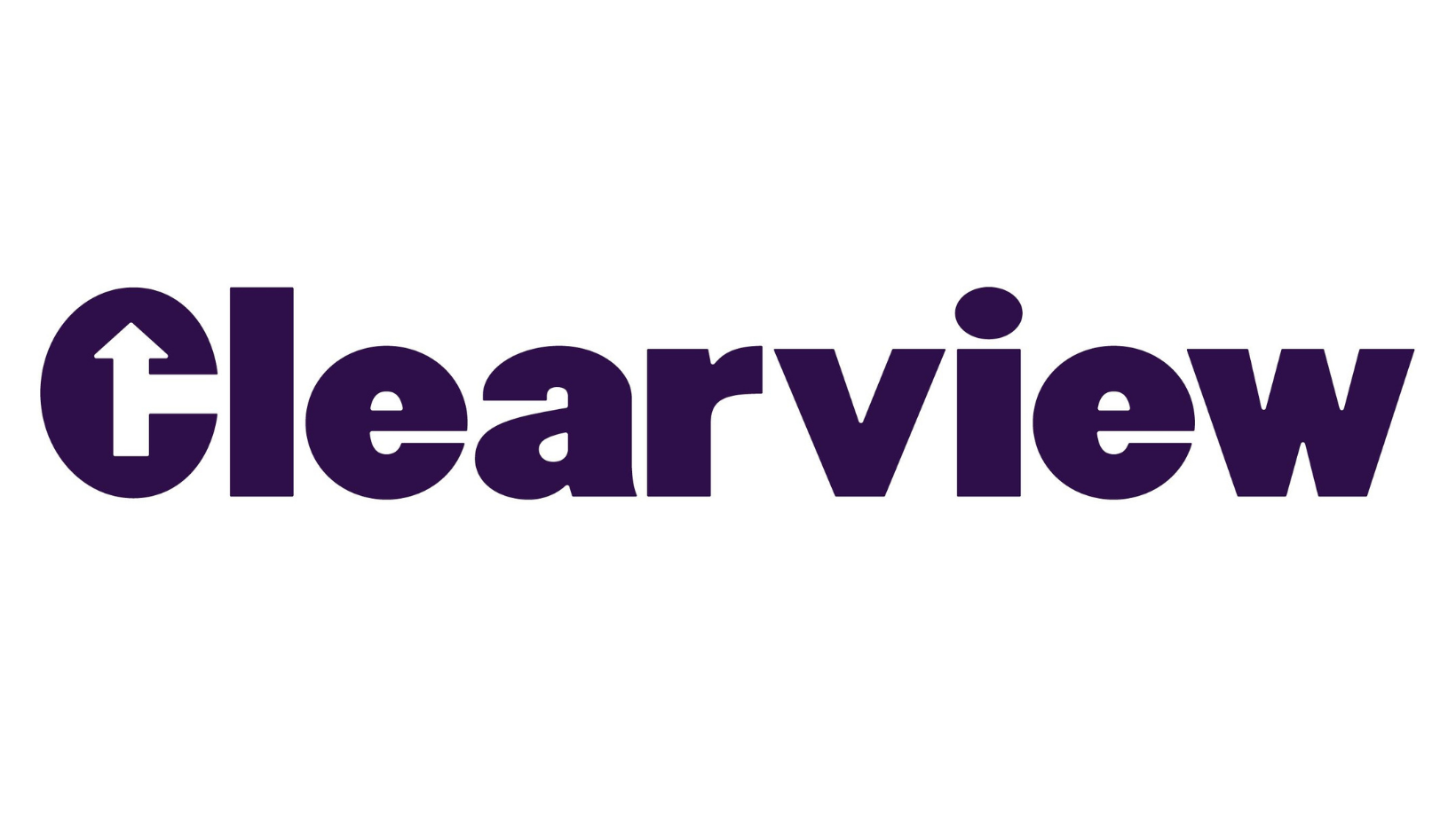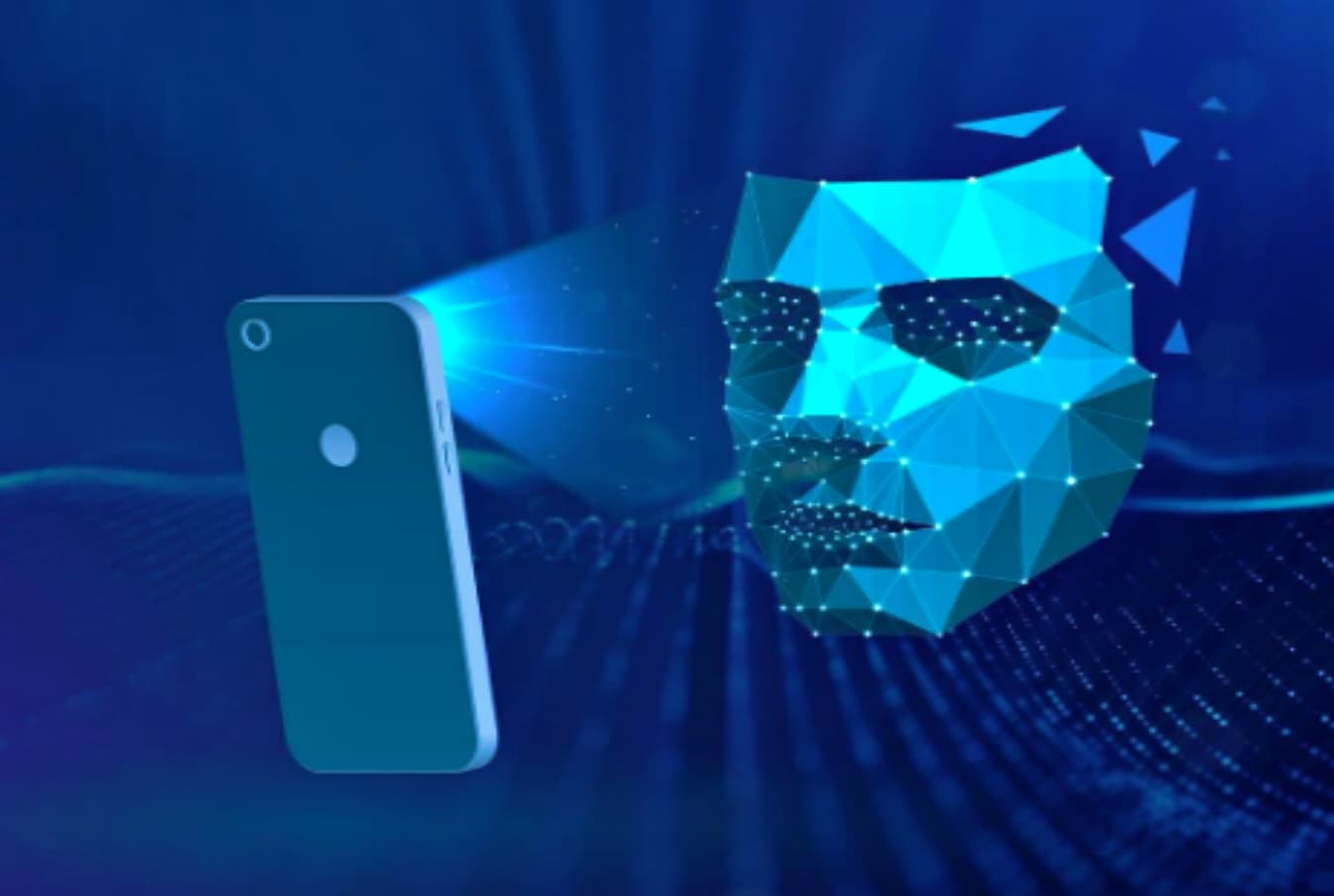

The restrictions are detailed in an agreement resolving a lawsuit filed against Clearview in May 2020 on behalf of groups representing survivors of domestic violence and sexual assault, undocumented immigrants, current and former sex workers, and other vulnerable communities uniquely harmed by face recognition surveillance. Eli Wade-Scott from Edelson PC, a nationally recognized-leader in consumer privacy litigation that recently obtained a $650 million settlement in a BIPA case with Facebook, which has also announced that it will curtail its facial recognition practices nationwide. “There is a battle being fought in courtrooms and statehouses across the country about who is going to control biometrics-Big Tech or the people being tracked by them-and this represents one of the biggest victories for consumers to date,” said J.

Other companies would be wise to take note, and other states should follow Illinois’ lead in enacting strong biometric privacy laws.” “Clearview can no longer treat people’s unique biometric identifiers as an unrestricted source of profit.

“By requiring Clearview to comply with Illinois’ pathbreaking biometric privacy law not just in the state, but across the country, this settlement demonstrates that strong privacy laws can provide real protections against abuse,” said Nathan Freed Wessler, a deputy director of the ACLU Speech, Privacy, and Technology Project. The company will also cease selling access to its database to any entity in Illinois, including state and local police, for five years. Among the provisions in the binding settlement, which will become final when approved by the court, Clearview is permanently banned, nationwide, from making its faceprint database available to most businesses and other private entities. The central provision of the settlement restricts Clearview from selling its faceprint database not just in Illinois, but across the United States. When a company chooses to ignore legal protections to collect data, they should bear the risk that they will be held to account.CHICAGO – Under a legal settlement filed in court today, Clearview AI - a secretive face surveillance company claiming to have captured more than 10 billion faceprints from peoples’ online photos across the globe - has agreed to a new set of restrictions that ensure the company is in alignment with the Illinois Biometric Information Privacy Act (BIPA), a groundbreaking Illinois privacy law. Regulators and others must have the right to force companies to drop algorithms that benefit from disputed data, he said, noting that the recent settlement did not include such a provision for reasons he could not disclose. Nathan Freed Wessler, an ACLU attorney involved in the union's case against Clearview, said using ill-gotten data is an inappropriate way to pursue developing less-biased algorithms. "Why not have something more accurate that prevents mistakes or any kind of issues?" Ton-That said. It said the diverse collection of public images reduces racial bias and other weaknesses that affect rival systems constrained by smaller datasets. He said a customer's photo database is stored as long as they wish and not shared with others, nor used to train Clearview's AI.īut the face-matching that Clearview is selling to companies was trained on social media photos.


 0 kommentar(er)
0 kommentar(er)
